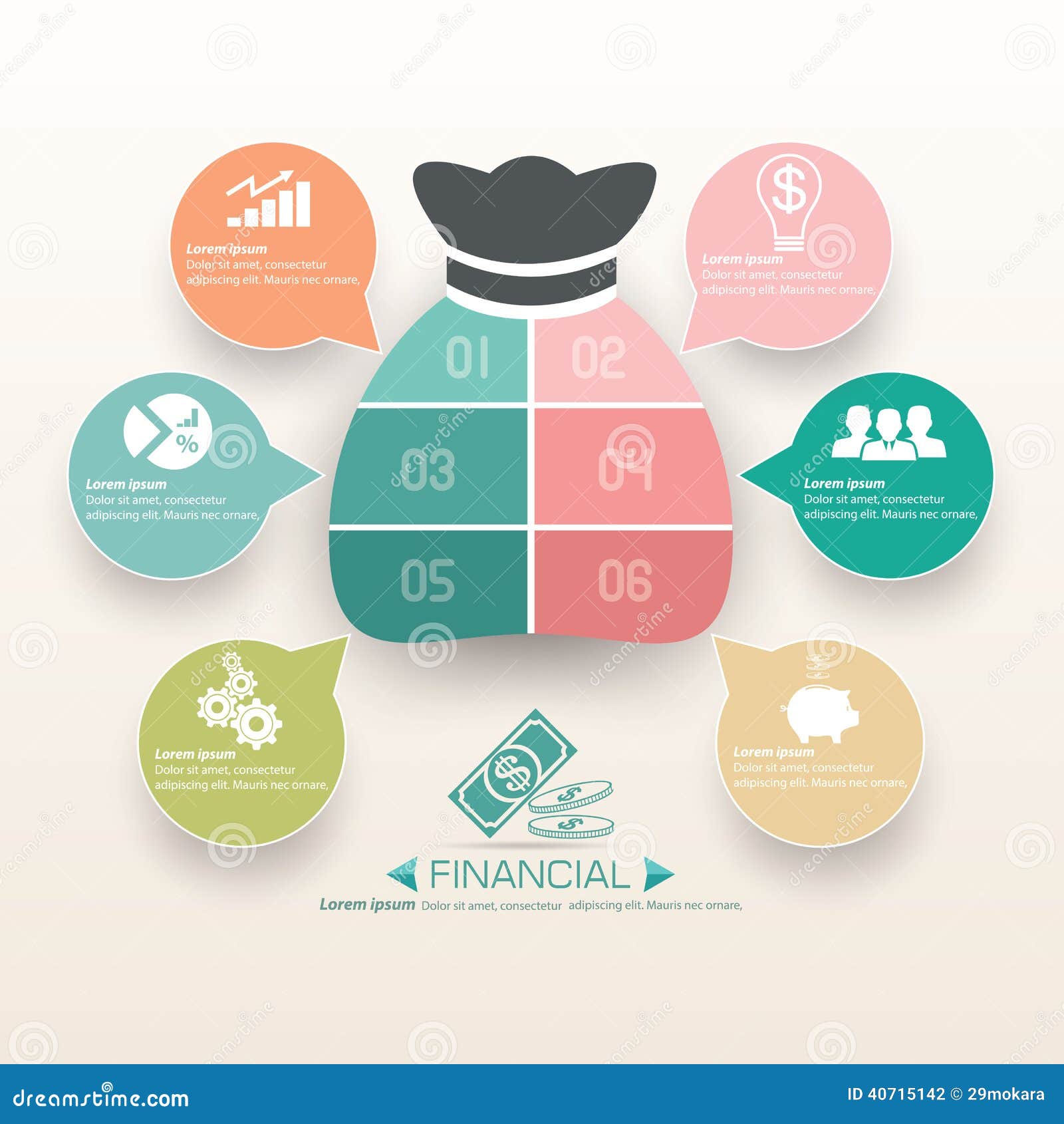The Financial Influence Of Defaulting On An Efficiency Bond
The Financial Influence Of Defaulting On An Efficiency Bond
Blog Article
Composed By-
When a surety concerns an efficiency bond, it assures that the principal (the event who purchases the bond) will meet their responsibilities under the bond's terms. If the primary falls short to meet these responsibilities and defaults on the bond, the guaranty is in charge of covering any type of losses or problems that result.
1. Loss of reputation: Defaulting on an efficiency bond can harm the principal's track record and reliability, making it tougher to protect future business or funding.
2. Legal and administrative costs: The guaranty might need to pay legal and administrative expenses connected with going after the principal for problems or attempting to rectify the circumstance.
3. Economic losses: The guaranty may need to cover the price of completing the job or supplying the services that the principal failed to supply. This can result in substantial monetary losses for the surety.
4. Raised costs: If the principal has a background of back-pedaling efficiency bonds, they might be needed to pay greater costs in the future to acquire the required bonding.
On the whole, back-pedaling an efficiency bond can have major monetary consequences for both the principal and the guaranty. It's important for principals to meticulously consider their commitments and guarantee they have the ability to satisfy the terms of the bond to prevent these unfavorable outcomes.
Back-pedaling an efficiency bond can be an expensive misstep for organizations. When you fail to satisfy the bond's obligations, the economic repercussions can be considerable. From paying the full bond total up to possible legal battles and harmed partnerships, the consequences can resound throughout your organization operations. Comprehending the intricate web of monetary effects that defaulting on a performance bond can have is critical for protecting your business's economic health and online reputation.
Financial Penalties for Defaulting
If you default on an efficiency bond, you'll likely face substantial financial penalties. https://how-to-start-online-busin95051.blog4youth.com/34473486/surety-agreement-bonds-a-comprehensive-guide-for-contractors can differ depending upon the regards to the bond arrangement however usually involve paying the bond quantity in full to the obligee. This implies that if you fall short to fulfill your legal responsibilities, you must pay the bond amount to the task proprietor or the entity that needed the bond.
In payday loan bonds , you may also be in charge of any kind of added prices sustained by the obligee due to your default, such as locating a substitute professional or covering task hold-ups.
Defaulting on a performance bond can additionally lead to legal costs and court expenses if the obligee decides to take legal action versus you to recoup the bond amount. These expenditures can quickly build up, further worsening the financial impact of your default. It's vital to carefully review and understand the regards to the performance bond to stay clear of these extreme punitive damages.
Effect On Business Capital
Defaulting on an efficiency bond can considerably influence your service cash flow, influencing economic stability and operational capabilities. When you back-pedal an efficiency bond, you run the risk of losing the bond quantity, which can be a significant amount. This loss directly affects your cash flow, as you'll require to locate alternative sources of funding to cover the bond amount. Furthermore, skipping can cause increased scrutiny from sureties, making it more difficult and much more costly to secure bonds in the future. washington state surety bond can even more strain your cash flow as you may require to allot added sources to fulfill bonding requirements.
The impact on your capital does not quit there. Back-pedaling a performance bond can also lead to job delays or cancellations, causing a loss of income. Furthermore, the adverse reputation that includes skipping can prevent potential customers, better minimizing your capital. Generally, defaulting on a performance bond can have damaging effects on your company's economic health and ability to run smoothly.
Legal Implications and Lawsuits
Encountering lawful implications and prospective lawsuits because of defaulting on an efficiency bond can significantly affect your organization's track record and monetary standing. When you back-pedal a performance bond, the surety business may take lawsuit to recover the bond quantity paid out. This could result in costly legal costs, court expenses, and potential negotiations or judgments against your service.
Moreover, back-pedaling an efficiency bond may lead to damaged connections with clients, subcontractors, and suppliers, influencing your capability to protect future agreements. Lawsuits emerging from bond defaults can tarnish your business's reliability in the market, making it testing to draw in new partners or clients.
Additionally, if the default brings about a court judgment against your company, it can result in property seizure or liens, further straining your economic security. For insurance bond types , it's crucial to comprehend the legal ramifications of back-pedaling an efficiency bond and take positive steps to mitigate the risks entailed.
Final thought
As you face the effects of back-pedaling a performance bond, remember this: it's like walking a tightrope without a safety net. One incorrect step can send you plummeting into a financial freefall, without any means to quit the fall.
The punitive damages, cash flow impact, and lawful ramifications are all waiting to capture you if you slip up. So walk carefully, and constantly recognize your commitments to prevent the rough consequences of default.
